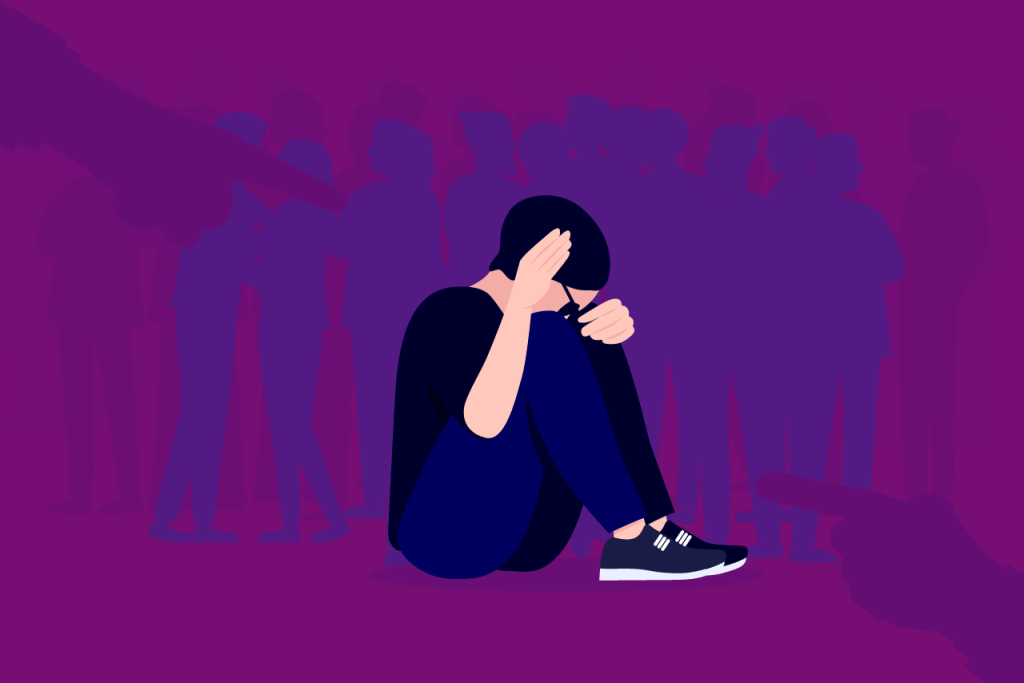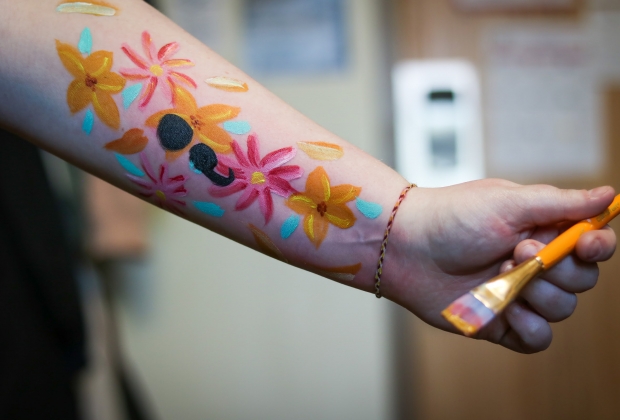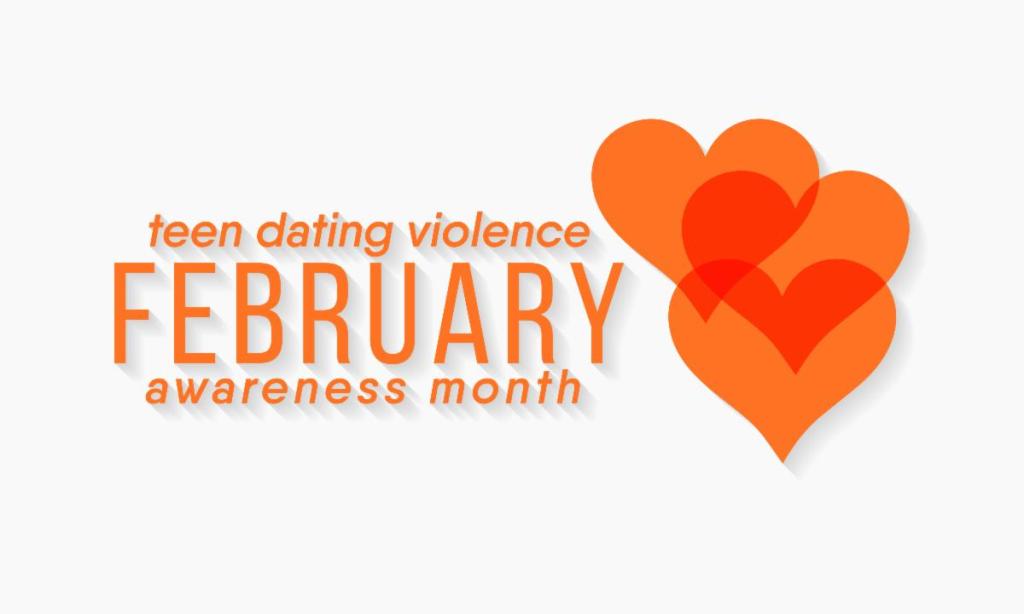
Social Anxiety: Social Anxiety vs. Introversion
By, Maro Mikhaeil
People often find themselves confusing social anxiety with just being shy. This leaves many individuals go undiagnosed and may even worsen overtime. But what’s the difference?
First and foremost, social anxiety disorder is characterized as feeling symptoms of anxiety when it comes to social situations. Social anxiety is the feeling of being judged by others causing one to feel suppressed and feel unable to express oneself. One who feels symptoms of anxiety when presenting in front of a class or even have trouble making friends may be experiencing social anxiety.
However, introversion can certainly look the same as well. Introversion is characterized as being quiet most of the time in social situations and feeling more energy when spending time alone. An introverted individual spends time alone as a way of recharging for a social event and is a choice as opposed to individuals who experience social anxiety.
Individuals who experience social anxiety want to connect with others but feel held back because of the anxiety that is attached to the idea. They will often use alone time not to recharge themselves but as a way of protecting themselves and ultimately avoiding a social situation altogether.
If you or someone you know is struggling with their mental health, and may be experiencing social anxiety please contact our psychotherapy offices in New York or New Jersey to talk to one of our licensed professional psychologists, psychiatrists, psychiatric nurse practitioners, or psychotherapists at Arista Counseling & Psychotherapy. Contact our Paramus, NJ or Manhattan, NY offices respectively, at (201) 368-3700 or (212) 722-1920 to set up an appointment. For more information, please visit http://www.counselingpsychotherapynjny.com/.
Sources:
https://www.psychologytoday.com/us/basics/shyness#what-causes-shyness





